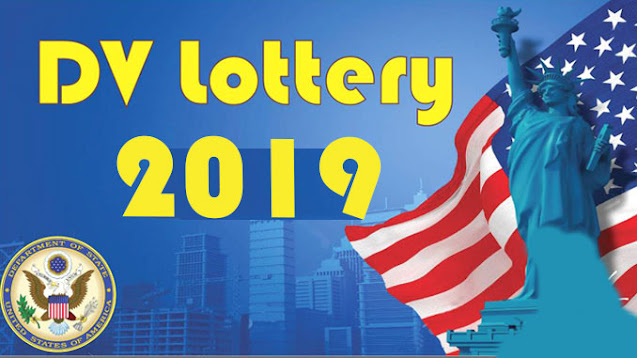A delivery revolution may be on the horizon, if a recent announcement out of Dubai comes to fruition.
A collaboration between Virgin Hyperloop One, the US-based startup, and Emirati supply chain firm DP World, is looking to shake up the freight industry by using super-fast capsules for land cargo transportation. Called DP World Cargospeed, the venture claims it will be able to "deliver freight at the speed of flight and close to the cost of trucking." No details of freight prices have been announced thus far.
Dubai's big plans to revolutionize how we travel
Hyperloop's all-electric technology still in its testing phase uses a sealed capsule inside a vacuum tube, propelled by magnetic levitation. The low pressure environment reduces drag, allowing high speeds to be achieved. Originally conceived by entrepreneur Elon Musk, the idea is being developed by a number of companies. So far Virgin Hyperloop One's test capsule has reached speeds of 387 kmph (240 mph), but the company predicts it will send cargo at a top speed of 1,000 kmph (621 mph).
In a blog post by Virgin Hyperloop One CEO Rob Lloyd, he calculated a four-day truck journey could be cut to 16 hours. While costs are estimated to run 50% higher than truck transit, Cargospeed believes it can be over five-times cheaper than air freight.
The Hyperloop One system is designed for both freight and passenger use. Virgin Hyperloop One is negotiating projects in the UAE, India and Saudi Arabia all are vying for the first fully-functional line. A route between central Dubai and Abu Dhabi would cut the journey time from a 90-minute drive to 12 minutes.
According to the Washington Post, one proposed idea by DP World is to use hyperloop technology to transport cargo away from Dubai's busy Jebel Ali port for storage in the desert surrounding the city.
Richard Branson, who became chairman of Virgin Hyperloop One in 2017, cited the growth of e-commerce as the driving factor behind "a dramatic shift in both consumer and business behavior" and to which the delivery business is adapting.
Global e-commerce is predicted to grow to a $4.1 trillion industry by 2020, and the desire for rapid delivery is becoming an expectation. Lloyd says express delivery for high-priority shipments alone is estimated to become a $516 billion business by 2025.
In the announcement, time-sensitive goods such as food and medical supplies were highlighted as items that could benefit from hyperloop's speed. Renders released with the announcement suggest there are plans to integrate drone delivery into the supply chain too.
Dubai has become an incubator for transport innovation in recent years, including a number of autonomous vehicles both on air and land.
In February this year a full-scale prototype hyperloop pod was unveiled by the Dubai Road and Transport Authority, with officials speculating a Dubai-Abu Dhabi service could accommodate about 10,000 people every hour.
Dubai's hyperloop route is yet to be announced, but Lloyd says the venture aims to have an operational system in service by 2021.











